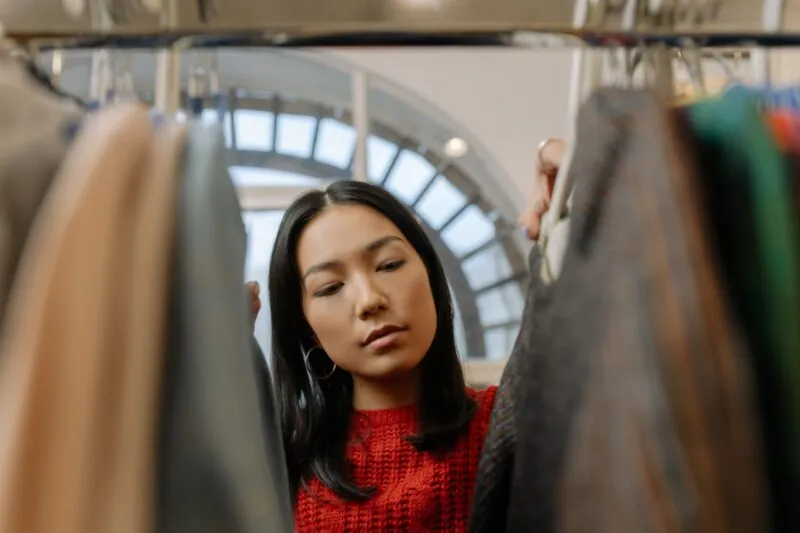After China’s Interims Regulations for the Management of Generative AI Services came into effect earlier this month, a raft of domestic mass-market AI products have been approved for public release.
This is a crucial testing phase for AI products, offering developers the opportunity to train their models on much larger datasets and fine-tune user experience based on feedback.
The most hotly anticipated launch is Ernie Bot, created by China’s top search engine provider Baidu. Baidu was the first Chinese company to announce a ChatGPT rival, but since its initial launch in March Ernie Bot has been available only for small-scale “beta” or “invite-only” testing. Following the announcement of its public release on August 31, Ernie became the most downloaded free app on China’s App Store.
A total of 11 companies have reportedly received government approval for their products, including Tencent, ByteDance, and several smaller AI start-ups including MiniMax, Zhipu AI, and Baichuan Intelligent Technology. The status of Alibaba’s Tongyi Qianwen is not yet clear, though a company spokesperson told Reuters the team has applied for approval and is anticipating a public launch soon.
As per the Cyberspace Administration’s (CAC) new regulations finalised in July, generative AI services intended for public use must pass a security assessment before being officially licensed to ensure they are “reliable and controllable”. As well as adhering to “core socialist values”, AI models must also uphold fair business practices, data privacy, and intellectual property rights. These stipulations do not apply to products intended for use by businesses or institutions, such as Huawei’s Pangu model.
Tech shares jumped after the announcement, with Baidu rising 3% in US trading overnight and over 3% as of morning trading in Hong Kong despite an overall 0.55% slide on the Hang Seng index.









